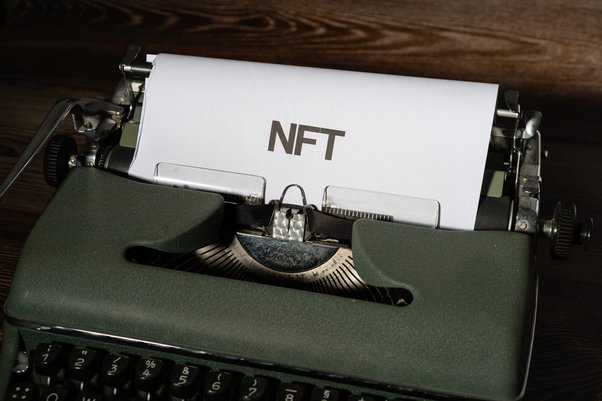
Is a crypto license necessary for an NFT platform?
For many crypto aficionados, NFT has been the greatest buzzword of the year 2021. There has been significant growth in the number of projects concentrating on the issuance and trading of NFTs as a result of the increased exposure.
In this article, you will find out if crypto licenses are needed for the NFT platform.
Do I need a permit or license to run an NFT platform?
It is now well known that doing crypto-related business might be subject to stringent governmental regulation. The top destination for businesspeople looking to get a license to provide services using virtual currencies is now Estonia. It is often feasible to utilize the Estonian licensed business to supply services throughout the whole EU because of the freedom of establishment and freedom to provide services.
Although there is not a single definition of virtual currency services that applies to all of the EU, the description that follows mostly applies to activities there.
Is a license required to provide or run a platform for NFT trading? Typically, the answer is no. First off, only service providers that use virtual currencies are typically subject to licensing requirements. Think of virtual currencies like Ether (ETH), Bitcoin (BTC), USDT, and others as payment methods that are not accepted as legal money under the law.
NFT, on the other hand, does not fall within the legal definition of virtual currencies since each NFT stands for a one-of-a-kind, restricted item or a permit to use certain things (e.g. digital art). An NFT is not a virtual currency in and of itself; rather, it is best likened to a certificate of ownership from a legal standpoint. An NFT platform is thus more similar to an online art dealer than it is to a platform that offers virtual currency services.
When a platform includes wallet capabilities for holding virtual currencies or runs an exchange in addition to NFT trading, it may be providing virtual currency services. However, integration with an outside wallet or exchange is not regarded as a virtual currency service.
So, is a license required for an NFT platform to operate?
A virtual currency license is often not required, although each situation must be examined individually. NFTs are often used to represent ownership or a license over digital art as a file on a blockchain, but the technology has a wide range of other uses as well.
An NFT, for instance, may vouch for ownership of precious metals, stock in corporations, or real estate co-ownership. All of these scenarios can need that a platform gets an extra license (such as an investment business license or a license for precious metals wholesale), as well as impose other responsibilities.
The duty to implement stringent internal processes for “anti-money laundering” (AML) and “counter-terrorist financing” (CTF) is the most common example of the new duties. These procedures, generally referred to as “know your client” or “KYC,” involve the need to recognize, evaluate, and keep data about the platform’s users.
The choices are taken while creating the KYC processes inevitably find their way into the platform’s terms of service and privacy policy. Any platform requires users to get into a contract with a service provider.
Before a user joins up, the terms of service must fundamentally describe how the service works and should include information on e-commerce and consumer protection laws. In addition to the terms of service, a platform that gathers any user data is required by EU legislation and the GDPR to outline the conditions for data collection and storage in the platform’s privacy policy.
In conclusion, an NFT platform:
- Often does not need a crypto (virtual currency service) license, but if it works with other regulated services, it could need another license or internal AML processes. Additionally, an NFT Platform needs its own set of terms of service and privacy guidelines.
Involve a consultant in the development of NFT platforms to avoid license violations, which puts you in danger of committing a criminal or administrative infraction every time. To reduce the dangers, it is thus preferable to speak with legal experts early on in the company’s growth stage.
With a solid foundation in technology, backed by a BIT degree, Lucas Noah has carved a niche for himself in the world of content creation and digital storytelling. Currently lending his expertise to Creative Outrank LLC and Oceana Express LLC, Lucas has become a... Read more